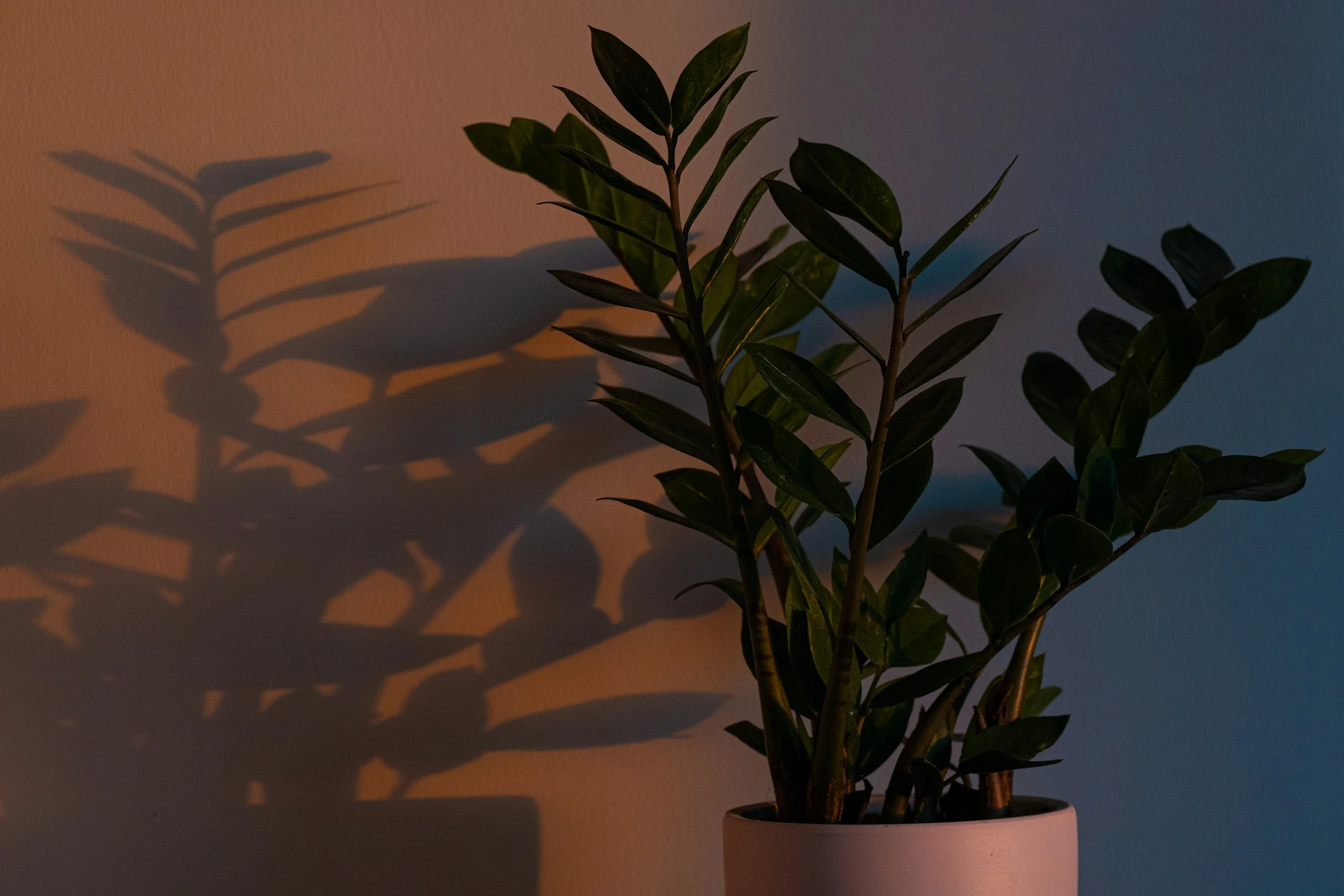Reclaiming Rest
Written by Allison Easton, RD
Rest has always been part of being human and yet, for many, it has become increasingly difficult to find time for rest – and maybe even justify it.
The pressure to be productive is at an all-time high. We live in a time where technology is part of our every day – information, people, work can reach you at any time. Sometimes it feels like we are supposed to run as fast as technology, but we are humans – not machines. Your phones, tablets, laptops do not need rest – they are not living things. Humans do need rest.
The drive to be productive can be physically and mentally exhausting. When you are navigating life from a place of exhaustion, everything can be harder. This includes your relationship with food.
When life doesn’t provide opportunities to rest or take a break, you can become disconnected from—or even dismiss—your bodies' cues. You don’t feel like you have time to pay attention to what your body is telling you – this includes the need to nourish or fuel your body. It can leave you running on empty. When you are exhausted, regulating your appetite and emotions becomes much more difficult. This can manifest as changes in your eating behaviours – often in ways that don’t feel aligned with what your body actually needs.
This depletion is a signal, highlighting the essential role that rest plays in your overall well-being. Yet rest can be challenging to define because it may look different for everyone. Rest may apply to multiple states – physical rest, mental rest, emotional rest, social rest, sensory rest, creative rest, or spiritual rest. Each person is unique in where their lives may need the most energy and focus and also what restores them in these areas. Understanding the kind of rest you personally need is part of reconnecting with yourself.
How would it feel to reframe rest as an investment? Incorporating rest as a way of caring for yourself and honouring your human needs.
Rest is a pause or change from the previous state. It can be active such as going for a walk, or passive such as sitting quietly with a hot cup of tea. Rest does not need to be an act of all or nothing. Starting small and making subtle shifts can be very supportive.
Rest can look like taking a few minutes in your day to:
Get up from your desk and take a walk through the hallway or look out a window
Have a snack or meal
Read a book
Take a shower
Call a friend
Draw, doodle, or colour
Knit
Play piano or guitar
Listen to music
It can also look like:
Scheduling fewer activities or incorporating more of the activities that fill your cup
Shifting away from rigid ways of thinking
Spending time outdoors away from a screen
Replacing mentally demanding tasks with gentler, low-pressure ones
Rest shares similarities with comfort. It can bring a sense of ease and relief, something we could all use more of.
Consider this your permission to incorporate more rest today.


